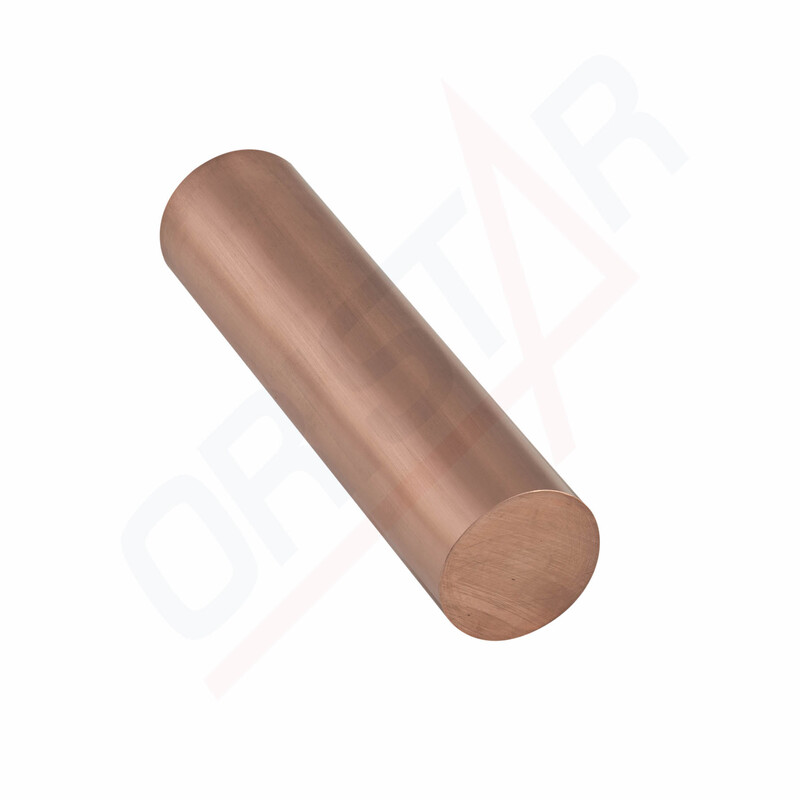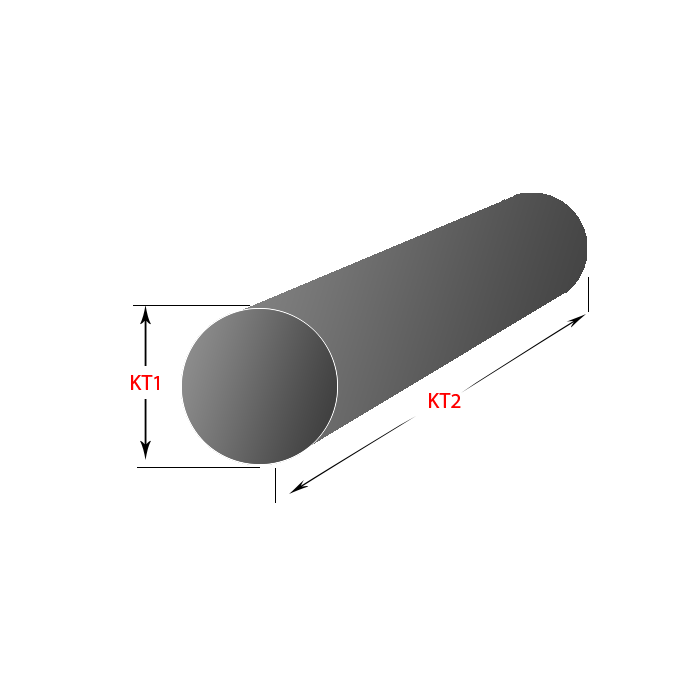THÔNG TIN CƠ BẢN
Refined Copper CD2 is a copper alloy containing a small amount of lead, primarily used in applications requiring easy machinability and good wear resistance. Due to its lead content, this alloy has better friction resistance and machining capabilities compared to pure copper.
Key Characteristics of Refined Copper CD2:
- Chemical Composition:
- CD2 is a copper alloy with a small amount of lead (Pb) added to improve machinability and wear resistance. The lead content typically ranges between 1-2%.
- Physical Properties:
- Easy Machinability: Thanks to its lead content, CD2 offers good cutting properties, making it easy to machine with mechanical tools.
- Wear Resistance: The lead in the alloy enhances wear resistance, making it suitable for applications requiring low-friction surfaces.
- Electrical and Thermal Conductivity: While not as conductive as pure copper, CD2 still provides good thermal and electrical conductivity, meeting the demands of many engineering applications.
- Applications:
- Mechanical and Machinery Industry: Used in the production of machine parts requiring wear resistance and easy machinability, such as bearings, bushings, and rotating components.
- Electronics and Electrical Power: Employed in the production of electrical parts and components requiring good conductivity and easy machining.
- Automotive Industry: Applied in components requiring high precision and wear resistance under operational conditions.
- Shape and Size:
- Refined Copper CD2 is typically available in the form of rods, sheets, or wires, depending on the specific application requirements.
Manufacturing and Processing:
- CD2 is produced through a metallurgical process where lead is added to pure copper, then machined and shaped as required by the application. This process enhances the mechanical properties and machinability of the alloy.
(Source: Internet)
Key Characteristics of Refined Copper CD2:
- Chemical Composition:
- CD2 is a copper alloy with a small amount of lead (Pb) added to improve machinability and wear resistance. The lead content typically ranges between 1-2%.
- Physical Properties:
- Easy Machinability: Thanks to its lead content, CD2 offers good cutting properties, making it easy to machine with mechanical tools.
- Wear Resistance: The lead in the alloy enhances wear resistance, making it suitable for applications requiring low-friction surfaces.
- Electrical and Thermal Conductivity: While not as conductive as pure copper, CD2 still provides good thermal and electrical conductivity, meeting the demands of many engineering applications.
- Applications:
- Mechanical and Machinery Industry: Used in the production of machine parts requiring wear resistance and easy machinability, such as bearings, bushings, and rotating components.
- Electronics and Electrical Power: Employed in the production of electrical parts and components requiring good conductivity and easy machining.
- Automotive Industry: Applied in components requiring high precision and wear resistance under operational conditions.
- Shape and Size:
- Refined Copper CD2 is typically available in the form of rods, sheets, or wires, depending on the specific application requirements.
Manufacturing and Processing:
- CD2 is produced through a metallurgical process where lead is added to pure copper, then machined and shaped as required by the application. This process enhances the mechanical properties and machinability of the alloy.
(Source: Internet)



